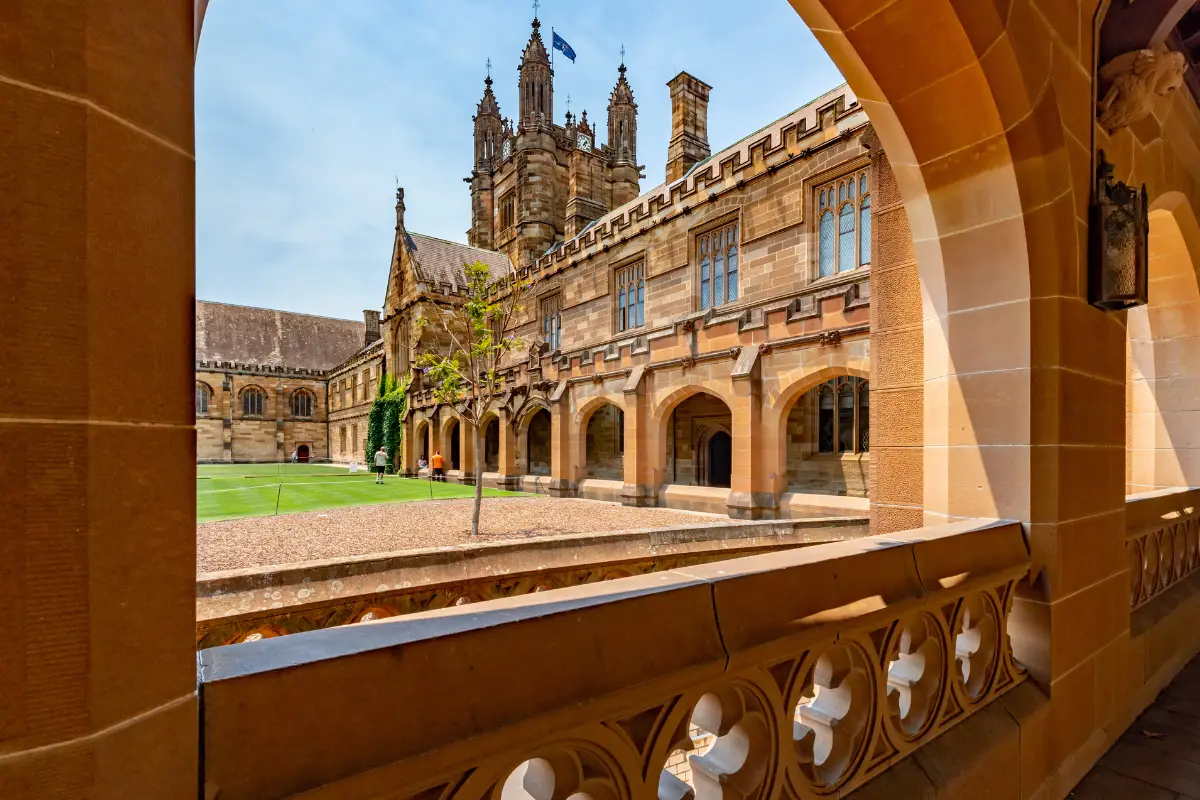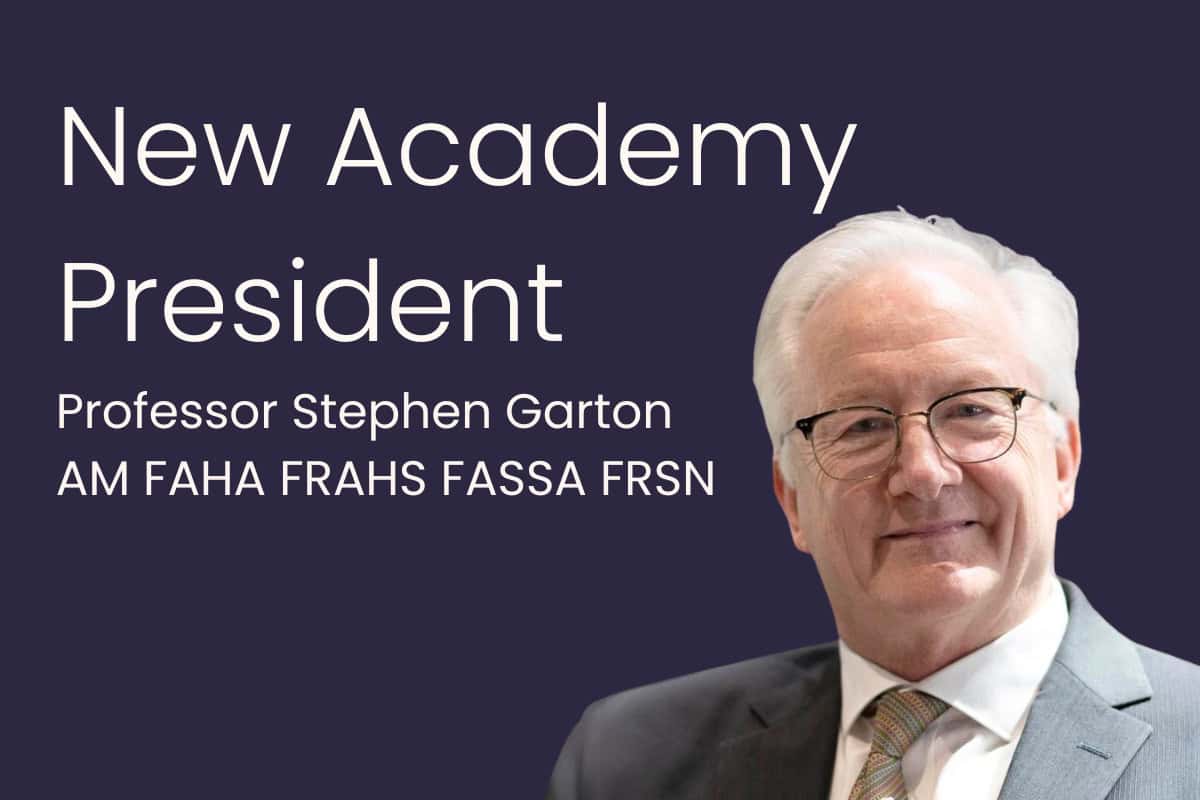
It is interesting to note that the first Native American graduated from Harvard University in 1665. In Canada, the earliest First Nations person graduated from Dartmouth University in 1781, and in Aoteroa New Zealand, the first Māori graduated from the University of Canterbury in 1893. However, in Australia the first Aboriginal person, Margaret Williams-Weir, graduated in 1959 from the University of Melbourne.
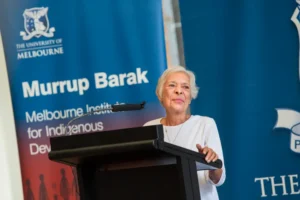
By 1976, nearly two decades on, only 78 Aboriginal people held university degrees in Australia. At the same time in the United States, New Zealand, Hawaii and Canada, Indigenous scholars entered universities in vast numbers. Internationally, these graduates contested non-Indigenous studies of Indigenous peoples and cemented Indigenous Studies as a formal and celebrated discipline in many of their nations’ oldest institutions. From the late 1990s, Critical Indigenous Studies emerged and thrived, though it is yet to gain the same traction as an influential field of teaching and research in Australia. The potential of Critical Indigenous Studies for Australia is hampered by a dearth of funding, research attention, and institutional recognition.
Here, Indigenous scholars who teach Indigenous Studies are often employed through soft money and not out of mainstream faculty budgets. Their employment and teaching are often tied to reconciliation action plans key performance indicators as evidence of the University’s moral commitment and aspirations for Indigenous people. In contrast non-Indigenous researchers, who are funded out of faculty budgets, dominate Australia’s field of Indigenous Studies and it is normative for their courses to be taught within schools or departments across a host of disciplines.
The predominance of non-Indigenous scholars in the teaching and research of Indigenous Studies in Australia has a long history. Critical Indigenous Studies is dedicated in part to exploring the impacts of this history on knowledge production.
Study of (not by) Indigenous People
The study of Indigenous Peoples emerged through the frameworks of anthropology as a practice conducted by non-Indigenous researchers. While anthropology was particularly useful to colonial administrations prior to WWII in advancing their colonisation agendas, its scholars also played a pivotal role in developing Aboriginal Studies in Australia. Motivated by the need to record ‘disappearing cultures’ in 1959 they lobbied the government to establish an Australian Institute of Aboriginal Studies.
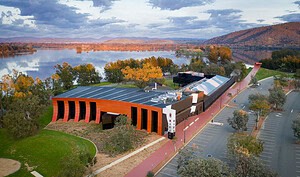
In 1960, anthropologist Professor WEH Stanner was appointed to convene the first conference on the state of Aboriginal Studies in Australia. At the subsequent 1961 conference, only non-Aboriginal academics and anthropologists attended.
After the conference, Prime Minister Menzies established an Interim Council of non-Aboriginal academics and anthropologists resulting in the formation of the Australian Institute of Aboriginal Studies (AIAS). Its mission was to “record language, song, art, material culture, life and social structure, before those traditions perished in the face of European ways.”
AIAS’s non-Aboriginal members – primarily anthropologists, archaeologists and historians – controlled and benefited from the Institute and shaped the study of Aboriginal cultures in Australia through their own cultural lenses.
It was not until 1970, that the first Aboriginal person, Alawa man Philip Roberts, was appointed to the Institute’s Council.
Indigenous Studies by Indigenous scholars
Early Indigenous thought leaders understood the importance of creating an Indigenous centred form of knowledge production by establishing Critical Indigenous Studies as a discipline that privileges Indigenous ways of knowing, being and doing in the production of knowledges. The research methods we develop and the ethical and cultural protocols that inform our academic practice are not the same as non-Indigenous scholars.
Within Critical Indigenous Studies, in exploring the conditions of colonisation, we utilise our cultural knowledges to produce critical insights about our lives and others. We understand that knowledge is socially situated and culturally connected to our lands and non-human relatives. Indigenous-embodied knowledges can be engaged by non-Indigenous scholars, but currently very few adopt these methods or epistemological views and thereby fail to benefit from the potential Critical Indigenous Studies and Indigenous knowledges presents.
Intellectual labour without reward
Today, most Indigenous Australian scholars that produce and contribute to the Indigenous Studies discipline experience only minimal investment in their intellectual growth or scholarly work from their host institutions. Across its 42 universities, Australia has only one Department of Indigenous Studies—hosted at Macquarie University. There are only five schools of Indigenous Aboriginal Studies: Curtin University, James Cook University, University of Western Australia, Charles Darwin University and Charles Sturt University.
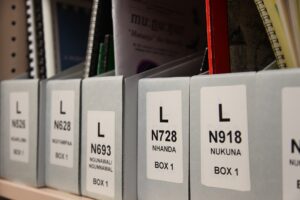
A staggering 36 Australian universities, including Australia’s wealthiest, have not demonstrated the fiscal leadership to fund an Indigenous Studies department.
Instead, Indigenous Studies majors are tied to existing non-Indigenous disciplines and programs such as linguistics, prehistory, public health history, anthropology, education, and political science. This institutional strategy benefits the development and research capacity of non-Indigenous academics but does little to support Indigenous academics or facilitate expanding their contributions to knowledge among the wider scholarly community.
The predominance of non-Indigenous academics in these programs marginalises Indigenous scholarship about our history, culture, social, political, and economic development even while it provides some undergraduate students a filtered insight into the lives of Indigenous people. Once again, Australia is falling behind global trends. By 1978, the University of Auckland had 13 Maori-run courses.
A similar problem exists in research grant funding. Between 2016 and 2021 only 73 grants (out of more than 2,000) in the ARC Discovery Program identified Indigenous research codes. These grants were in archaeology, historical studies, public health and health services, linguistics and law. These are areas of research where Aboriginal academics are not strongly represented.
Future-proofing Indigenous knowledge
The aim of Indigenous scholarship in the past decade has been to engage with earlier configurations of Indigenous Studies to scope the horizons of Critical Indigenous Studies. Indigenous scholars cannot waver in our objective to challenge the knowledges that have been produced about us.
We are following in the footsteps of our intellectual giants who courageously created the possibilities of Indigenous scholarship. We are future-proofing new Indigenous knowledges in different ways from our ancestors.
Indigenous academics have been resourceful in creating some autonomy to create distinctive Indigenous theories and methodologies grounded in our philosophies.
However resourceful we have been, we have undertaken this intellectual work conscious of the institutional disavowal of our sovereignties on unceded Indigenous lands and a disregard for our intellectual worth. We suffer the advice that our knowledge production has no traction within universities which provide meagre professional opportunities for Indigenous academic excellence to flourish.
We endure both the university sector’s disinterest in our knowledges – except when they can be appropriated and commodified – and the lack of financial investment in our research and teaching in university structures.
Despite these constraints, many Indigenous scholars remain committed to developing Critical Indigenous Studies as a discipline. They extend and are guided by our intellectual traditions and ancestors to offer students our locations of engagement, that place, provoke, and entice our thinking beyond the familiar and comfortable. They deploy incisive critique and bring analytical acumen to propose new ideas to contemplate within Critical Indigenous Studies.
This article was developed by Professor Moreton-Robinson and draws from the event: UQ talks: the past, present and future of Indigenous Studies, held on Tuesday 21 March 2023 at the University of Queensland.

